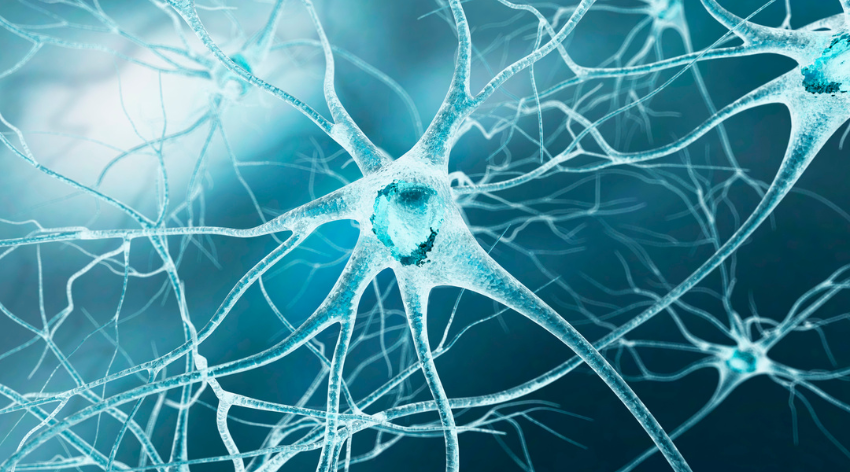
Course Description:
Reconciling Biomechanics with Pain Science (RBPS) is a two-day course that mixes a lecture, case study and hands-on learning format. This course has been taught throughout the world with the aim of simplifying the biomechanical approach to injury and pain management. A simplified, yet strongly evidenced based biomechanical approach, allows the therapist to develop skills that address all areas of the biopsychosocial contributors to the pain experience.
Reconciling Biomechanics with Pain Science is a deep dive into the experience of pain as it relates to movement and/or other factors, through the lens of the client’s needs and goals.
RBPS provides a balanced presentation of the most modern evidence related to all things MSK. The RBPS course asks you to use this evidence to think critically about every case that comes before you versus teaching you some modality that is going to 'fix' everyone. The RBPS course promotes an evidence-based approach that acknowledges the uncertainty in the MSK field. Most of all, it can covers a ton of evidence that shows just how adaptable and resilient the human organism is. That we most often don't need to be ‘fixed’. And makes apparent that we don't need to pathologize normal. The course gives you confidence to reassure people (once red flags have been ruled out) and encourage them to return to meaningful activities.
The course is structured around challenges and questions that all practitioners face in working with people in pain. We review the literature in each area and teach a pragmatic approach in helping people in pain.
This course is suitable for PTs and PTAs.
With a treatment framework centred around:
• the comprehensive capacity model of exercise prescription
• education (“pain science”) and therapeutic alliance for movement optimism
• symptom modification techniques
• addressing the barriers to patient centred goal attainment (i.e resumption of meaningful activities)
Some key topics and clinical challenges addressed:
• what are the key messages of recovery, human function and pain neuroscience
• how specific must treatment be?
• when to expose or protect
• how to address unhelpful beliefs
• finding the common threads between various treatments
• creating an alternative to the Kinesiopathological Model
• when do biomechanics matter
Practicals:
The goal of the practical, interactive lectures and case studies are to find the principles of excellent conservative care. Exercise and movement based interventions are unnecessarily complicated - the goal of this portion of the course is to dissect the literature to find the fundamentals of movement prescription and recovery to facilitate the creation of interventions that are tailored to our patients.
Specific areas covered:
• best practice in exercise prescription (tendinopathy, persistent pain, common MSK complaints)
• best practice in Graded Exposure to feared and avoided movements
• interviewing techniques to to create holistic, patient centred treatment programs tailored to people in pain
Licensing:
All participants are responsible for ensuring that they have a current license to practice from the College of Physical Therapists of British Columbia (CPTBC). If participants are from out of BC, they must acquire a Courtesy License from CPTBC.
The Instructor:
Greg Lehman is a practicing physiotherapist, researcher and educator in Toronto, Canada with over 20 years of experience in the rehabilitation field. Greg’s background includes a MSc in Spine Biomechanics, MSc in Physiotherapy and a Chiropractic degree. Greg has published more than 25 peer-reviewed publications in the manual therapy and exercise science fields. He has a special interest in the multidimensional nature of pain and injury and believes that simple yet comprehensive approaches are a cornerstone of the biopsychosocial approach to patient care. Greg has taught both the popular “Reconciling Biomechanics with Pain Science” and “Running Resiliency” courses for 8 years to 1000s of therapists throughout the world. The course is about fundamentals and finding the common threads of many rehabilitation approaches.